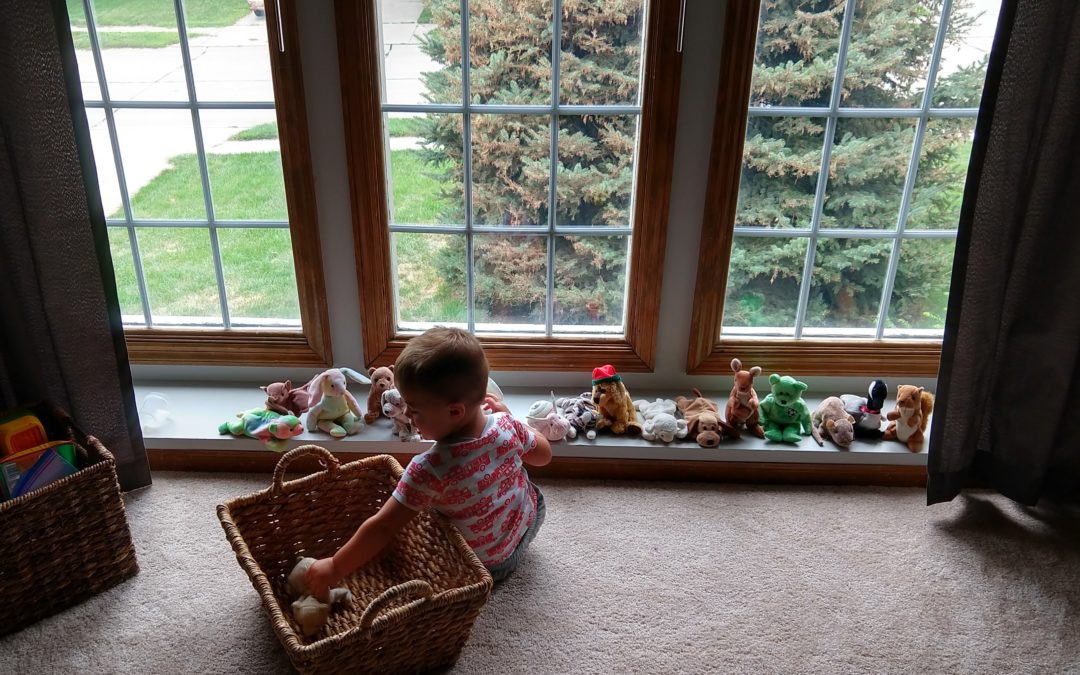Too often in our society and systems today, children are pulled away from “Play.” The focus has shifted away from allowing our children free time to use imagination and build social skills, and has turned to push for more education (in reading, math, and writing) and more screen/technology time. We’re trading recess time for more science lessons, and imaginative play at home for cell phone screens. We’ve become so focused on educating or “busying” the child, we’ve forgotten the incredible value of play.
At a glance, play may seem simple and only valuable for teaching kids to “use their imagination.” I want you to know, however, that through play, our children achieve many outstanding benefits. Adele Diamond, Ph.D. Developmental Cognitive Neuroscientist[1], states that through play children develop:
• Greater self-regulation
• Problem-solving abilities
• Emotional mastery and behavioral control
• Impulse regulation
• Higher IQ scores
• A reduced likelihood for dropping out of school or being involved in violence or crime
So as children tinker away with tool sets and build towers with colorful blocks, they are learning how to problem-solve. As two little ones pretend to cook dinner together in their playhouse, they are learning how to manage their emotions and control their behavior and impulses through social interaction.
Paul McArdle[2], author of “Children’s Play,” describes for us the Elements of Play:
• Pleasure and enjoyment
• Goals not imposed from the outside
• Motivation is spontaneous, voluntary and intrinsic
• Active engagement on the part of the player
• Attention to the means over the end product of the action or activity
I’ve seen it firsthand, friends. When my son gets to drive toy trucks across the backyard or fill up his John Deere tractor-trailer with animals, he is experiencing pure joy. He gets to create his own ideas and set his own fun goals. He has a sense of ownership in his playtime. He’s internally motivated to keep playing because he is having fun and creating the “agenda” all by himself. His focus narrows to what is right in front of him, allowing him to develop these important skills.
There are also different Social and Cognitive Stages of Play[3] to help us understand how our children develop. The Social Stages of play, in order of development, are:
- Solitary
- Parallel
- Associative
- Cooperative (also called peer play, socio-dramatic play)
Children begin by playing alone, gradually move to playing alongside (but not with) other children, next move to interacting and talking with others (sometimes working together with a common goal), and finally graduate to playing directly with others, often with rules, roles, and dramatic play[4].
The Cognitive Stages of Play, in order of development, include:
- Object Play (also called practice, exploratory, manipulative play)
- Functional (use of an object for its intended use)
- Pretend/Symbolic
- Games with Rules
Similar to the Social Stages, our young ones move through the Cognitive Stages of Play as they grow older and develop their skills and understanding. When your 3-month-old baby holds, examines, and shakes a rattle, she is engaging in Object Play. When your son understands to swing the mallet down repeatedly on his colorful toy xylophone, he is practicing Functional Play. When your daughter dresses her baby dolls, feeds them a bottle, and takes them for a walk in their stroller, she is in the Pretend/Symbolic stage. When our kids get together to “play house” and work together to decide who will be “Mom,” “Dad,” etc. and the job each person is responsible for, they are engaging in the Games with Rules stage of play.
The next time your child engages in play, I encourage you to stop for a minute and observe. Can you see your son solving a problem independently? Do you see your daughter laughing and enjoying the new, silly game she just discovered? What Social or Cognitive Stage of Play is your child currently in – and how can you encourage and support them through it? How can you carve time out of your day to allow your children time to simply play?
As we encourage and support our young ones to engage and have fun in all types of play, we are building up strong, independent, kind, and hard-working young men and women. Let us never forget the incredible value of play.
[1] Adele Diamond, Ph.D. Developmental cognitive neuroscientist, University of British Columbia, Interviewed on NPR, Mar 4, 2006
[2] “Children’s Play,” Paul McArdle. Child: Care, Health, and Development, Vol 27, No 6, 2001
[3] “Harnessing the Power of Play.” Sonia Mastrangelo. Teaching Exceptional Children, Col. 42, no 1, 2009
[4] https://www.encourageplay.com/blog/social-stages-of-play

